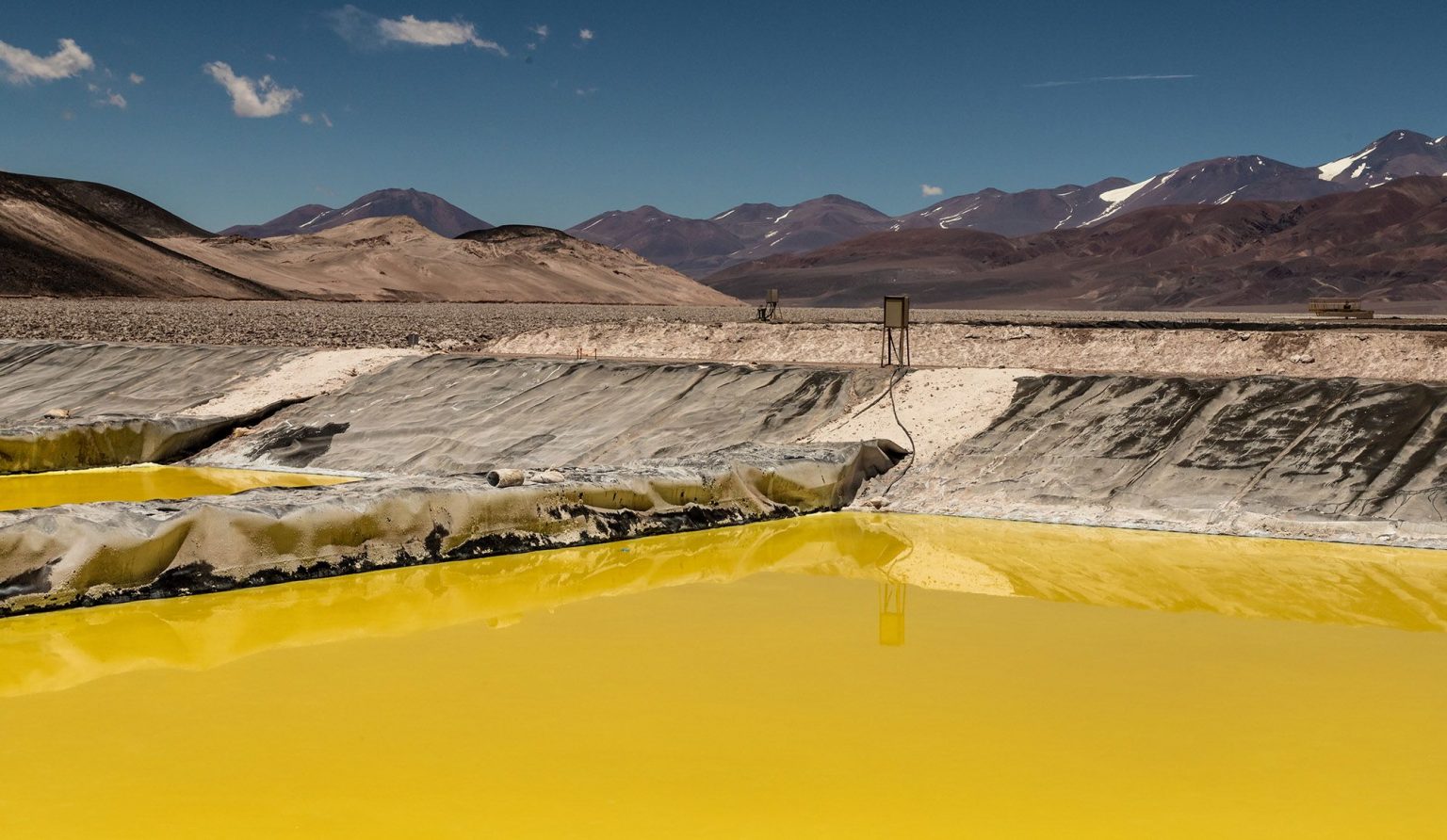Rio Tinto buys $825m lithium project

Rio Tinto Group agreed to buy a lithium mine in Argentina for $825 million as the world’s second-biggest miner accelerates its push into battery materials.
The top mining companies are increasingly looking to expand into so-called future facing commodities, such as lithium, copper and even fertilizers, as investors and governments increase pressure on more polluting materials that have long been the most profitable.
Rio said Tuesday that it will buy the Rincon asset in Argentina from private equity buyers. The lithium brine project is in the so-called lithium triangle in South America, home to many of the best lithium deposits. Major automakers from Tesla Inc. to Volkswagen AG need an ever-growing supply of battery materials to accelerate the rollout of electric vehicles.
The deal, along with the recent acquisitions of Millennial Lithium Corp. and Neo Lithium Corp., helps cement Argentina’s position as a long-term destination for lithium development, said Chris Berry, president of industry consultancy House Mountain Partners.
“This acquisition is strongly aligned with our strategy to prioritize growth capital in commodities that support decarbonisation and to continue to deliver attractive returns to shareholders,” Rio Chief Executive Officer Jakob Stausholm said in a statement.
The company said the undeveloped project has the potential to produce battery grade lithium carbonate.
Rio is already looking to develop a $2.4 billion lithium mine in Serbia as it moves to diversify its business away from iron ore. Yet, the company’s plans there have come under pressure from local activists who have filled streets in protest against the project.
Those hurdles make the deal in Argentina “especially important,” House Mountain’s Berry said. “One of the biggest mistakes I see mining companies make is that they don’t have a plan B. Clearly, Rio has thought their lithium strategy through.”
Rio’s push into lithium comes as prices surge. The global transition toward electrified transport has fired up consumption and lithium prices have more than tripled this year to a record. Miners are scurrying to expand capacity, but they can’t keep up with demand and market tightness is likely to persist in the near term.
Rio’s peers, which have so far shunned lithium, are also looking to diversify. Larger miner BHP Group is trying to buy a Canadian nickel project — another vital component in the types of batteries that power electric cars or back up renewable energy. It’s also looking to build a giant fertilizer mine, as is Anglo American Plc.

